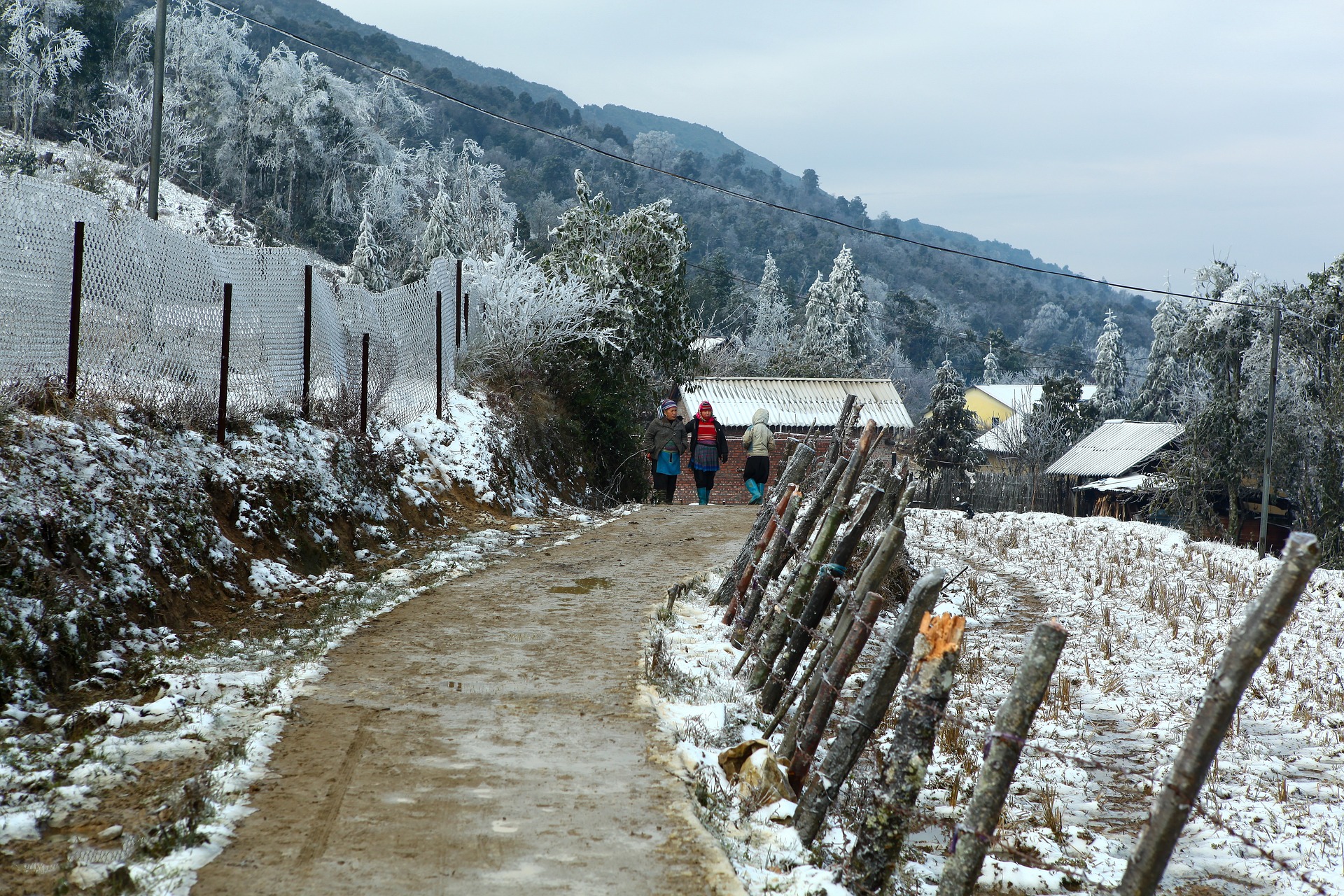Snow plays a key role in preserving the stability of natural and social systems, from tourism and agriculture to energy and water supply. However, climate change is already changing the dynamics of the snow cover in Serbia, with a tendency for it to decrease in the future. Although occasional intense snowfalls may still occur, the temperatures accompanying these episodes often do not allow the snow to stay on the ground for long, especially in lowland areas. Current forecasts indicate that temperatures will be above zero in the coming days, which will speed up the melting of the snow.
Snow plays an important role in the climate system because it reflects the Sun’s radiation, thus contributing to the cooling of the planet. This effect is impaired when the snow cover decreases or stays for a shorter time, which causes additional warming. Also, the changed precipitation regime in the conditions of climate change increases the risk of floods, because a larger amount of snow melts in a short period of time, creating pressure on river courses and reservoirs.
How does snow affect yields and production?
The biological world also depends on snow. Snow cover provides insulation during frost, helping plants survive cold temperatures, while many organisms use snow for hibernation. In agriculture, the lack of snow increases the risk of frost, which can cause serious damage to crops. These changes require adaptation to mitigate negative impacts on ecosystems and the economy.

Despite the importance of snow, climate change is already affecting its nature in Serbia. Higher winter temperatures cause the snow to become “wetter” and last less, which further complicates forecasts and planning. According to the warnings of meteorologists, future snowfalls are likely to come more often with temperatures that do not allow for the formation of a stable blanket, even when the precipitation triggers meteorological warnings.
Given these changes, it is clear that snow in the 21st century will be increasingly rare and variable, with significant consequences for climate, agriculture and everyday life. As climate change continues to reshape the nature of snow, it will be necessary to adapt to new conditions to preserve its key functions in ecosystems and human communities.
Source: Agronews
Source: boljazemlja.com


